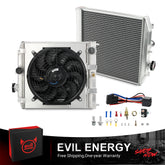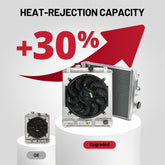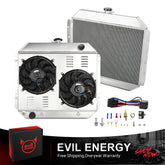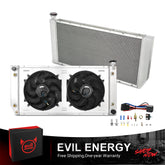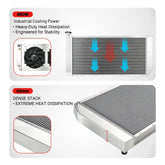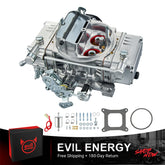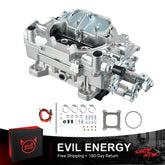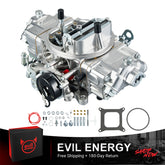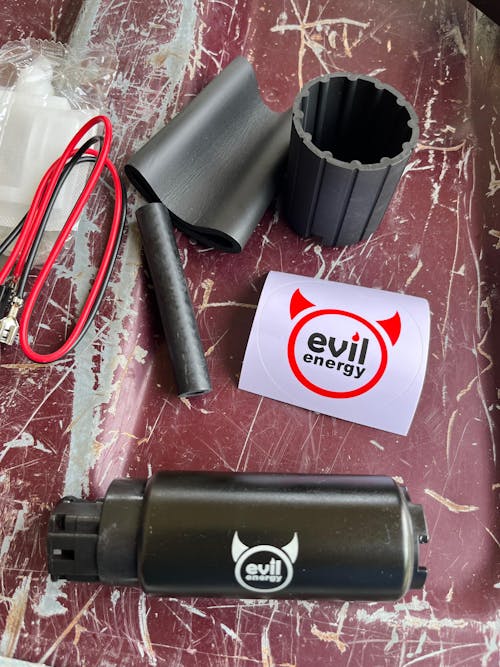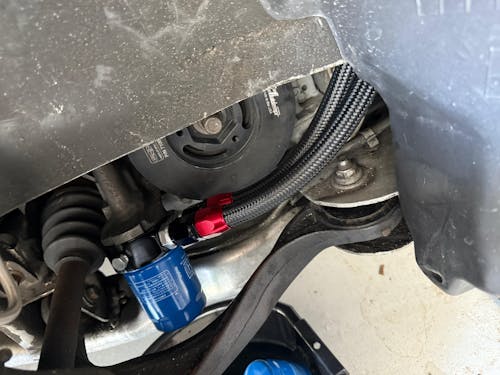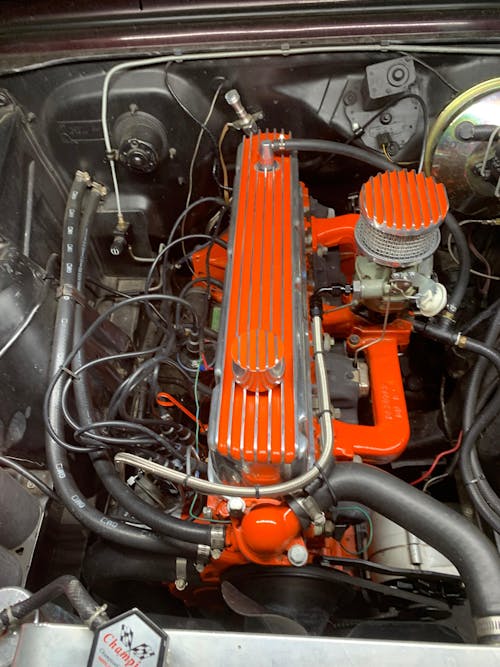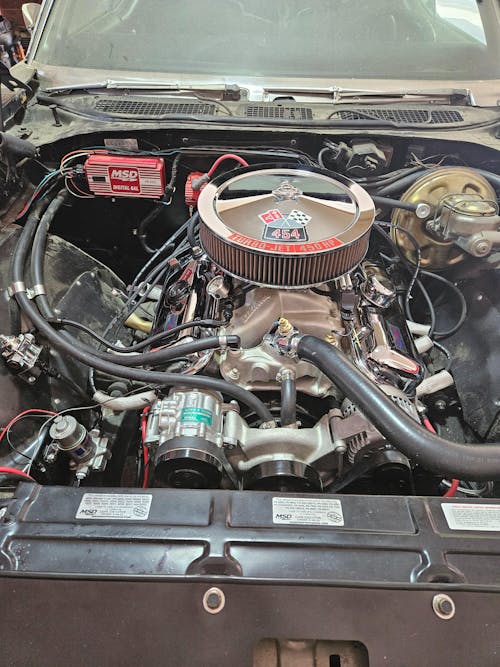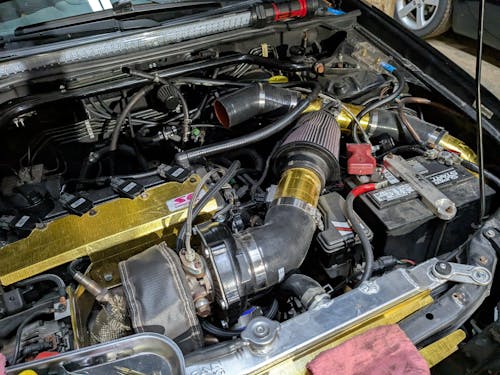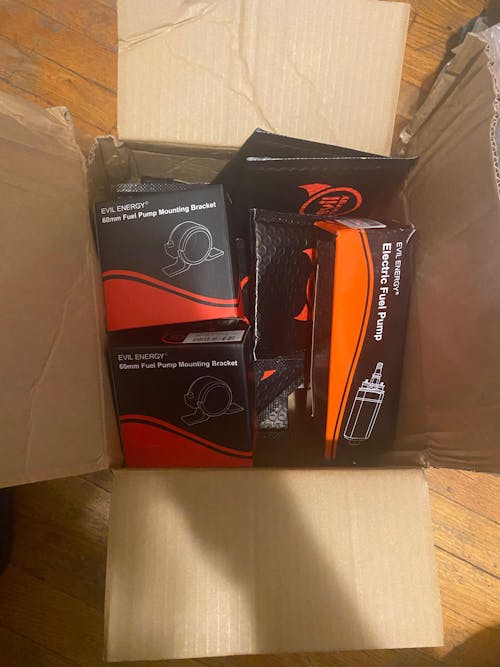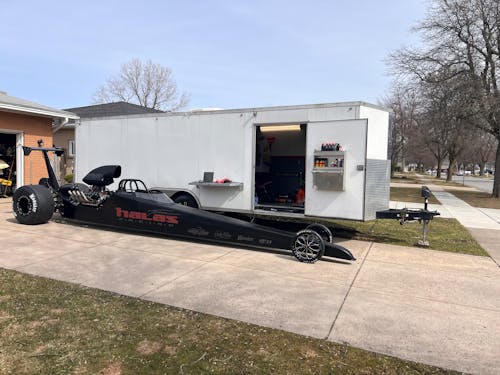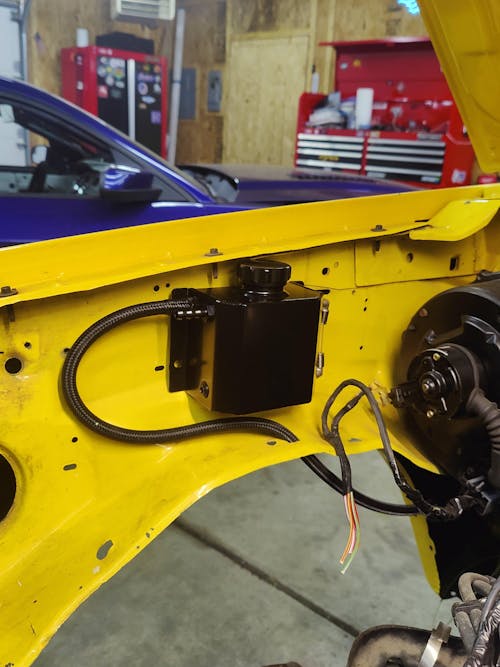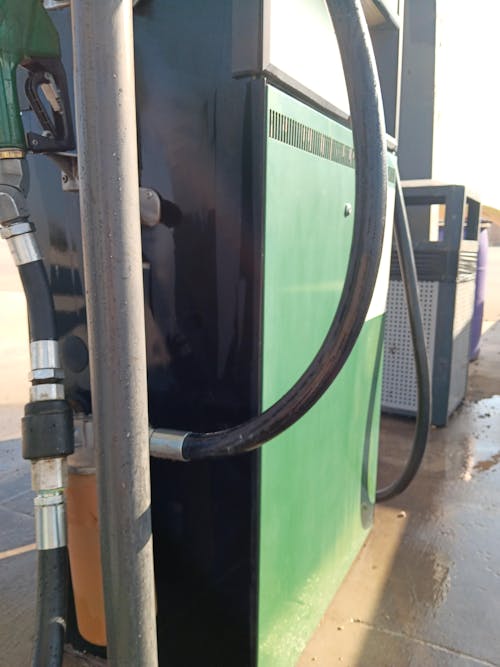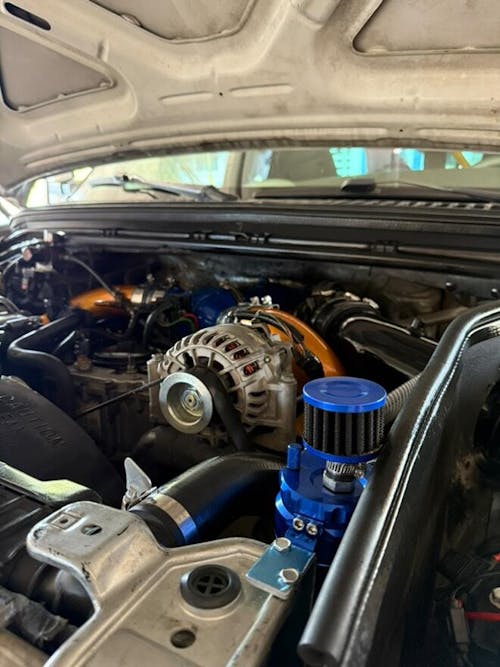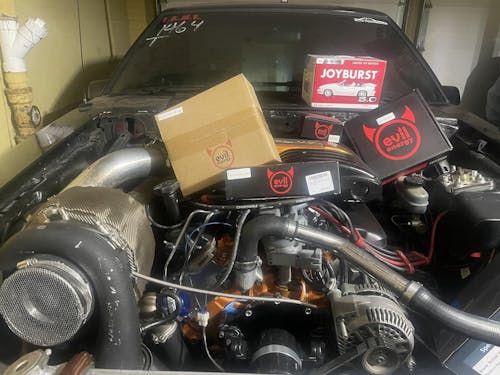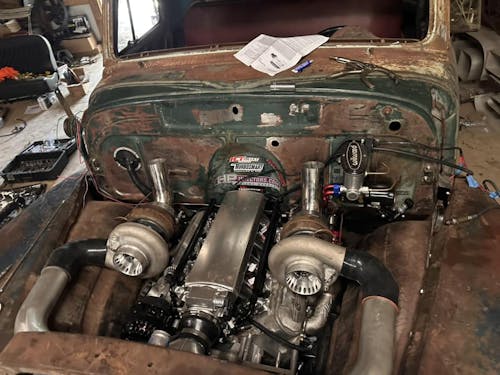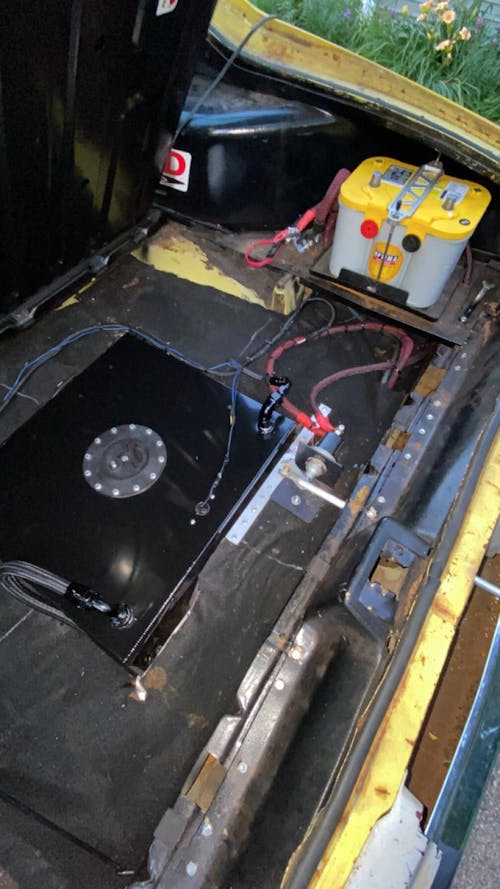-
-
EVIL ENERGY 500 CFM 4-barrel Carburetor Perfect for Small-block V8 Engine
- $319.99
- $319.99
$339.99- Unit price
- per
-
-
EVIL ENERGY 500 CFM 2-barrel New Performance Carburetor Manual Control Choke
- $399.99
- $399.99
$419.99- Unit price
- per
-
Evil Energy STREET 650 CFM 4-Barrel Carburetor Electric Choke Mechanical Secondary
- $379.99
- $379.99
- Unit price
- per
-
-
EVIL ENERGY 600 CFM 4-Barrel Carburetor Electric Choke Adjustable Metering Rods
- $339.99
- $339.99
- Unit price
- per
-
EVIL ENERGY Performance 500 CFM 4-barrel Carburetor Mechanical Secondary
- $329.99
- $329.99
$349.99- Unit price
- per
-
-
EVIL ENERGY 750 CFM Marine Carburetor Electric Choke 4-Barrel Air Valve-Controlled Secondary
- $399.99
- $399.99
- Unit price
- per
Get an Exclusive 8% Off Your First Purchase
Subscribe now to get a gift with your first order!





